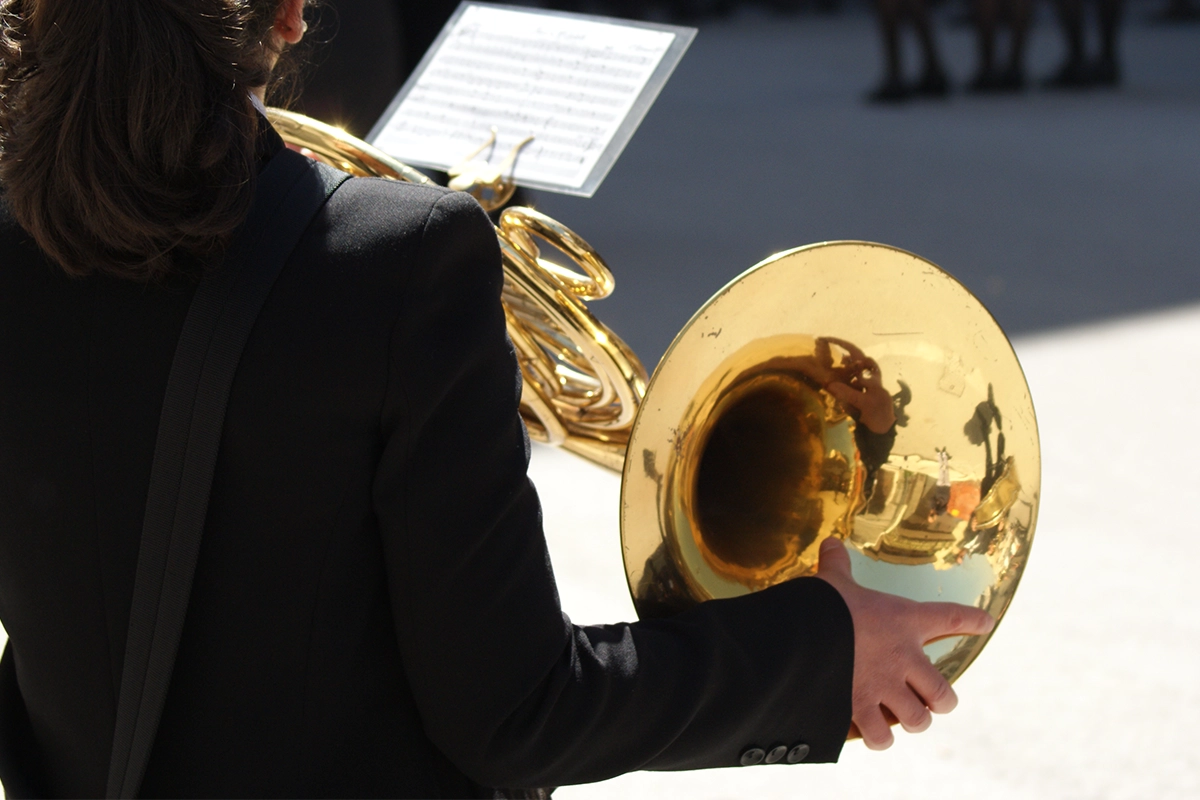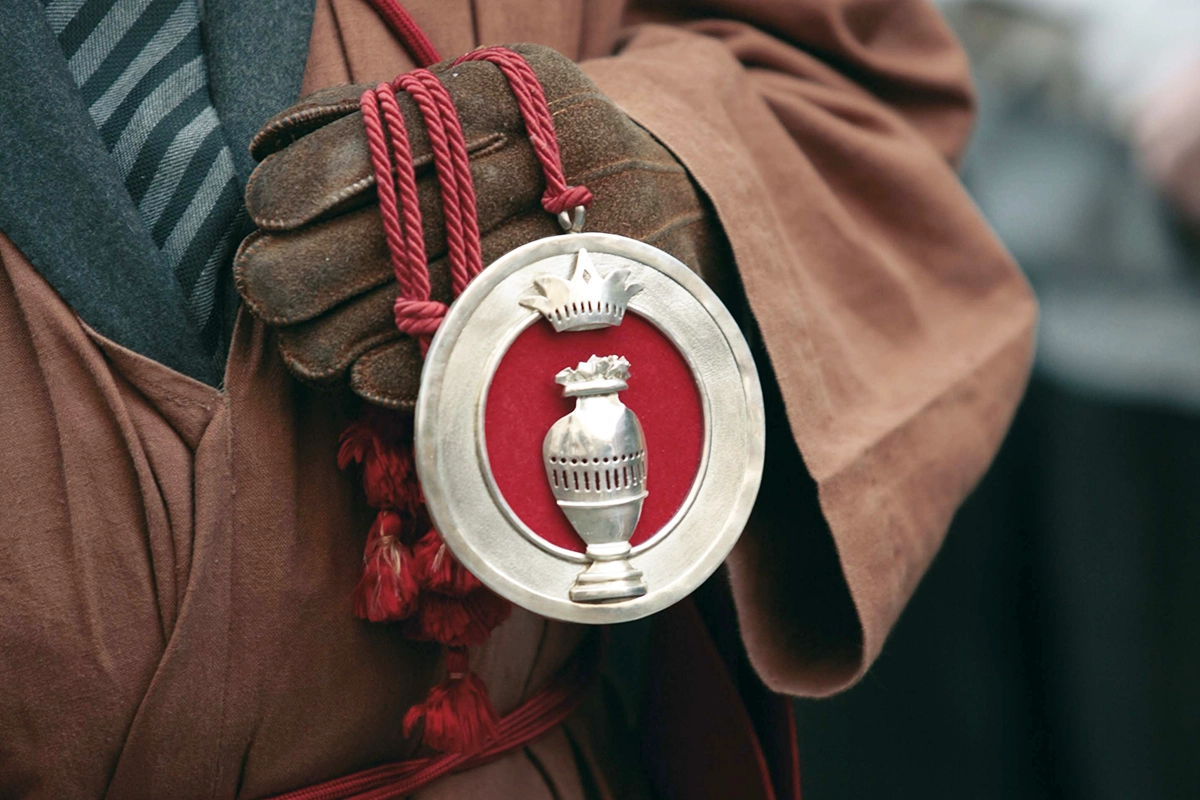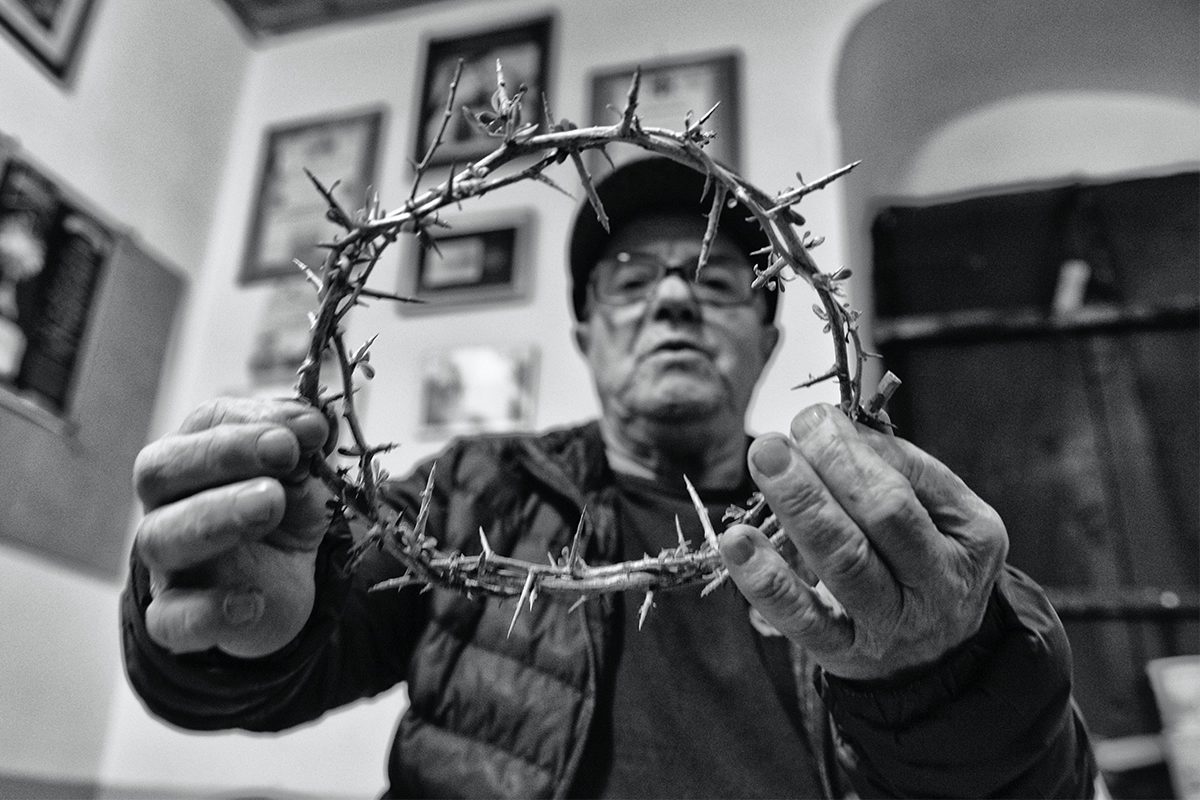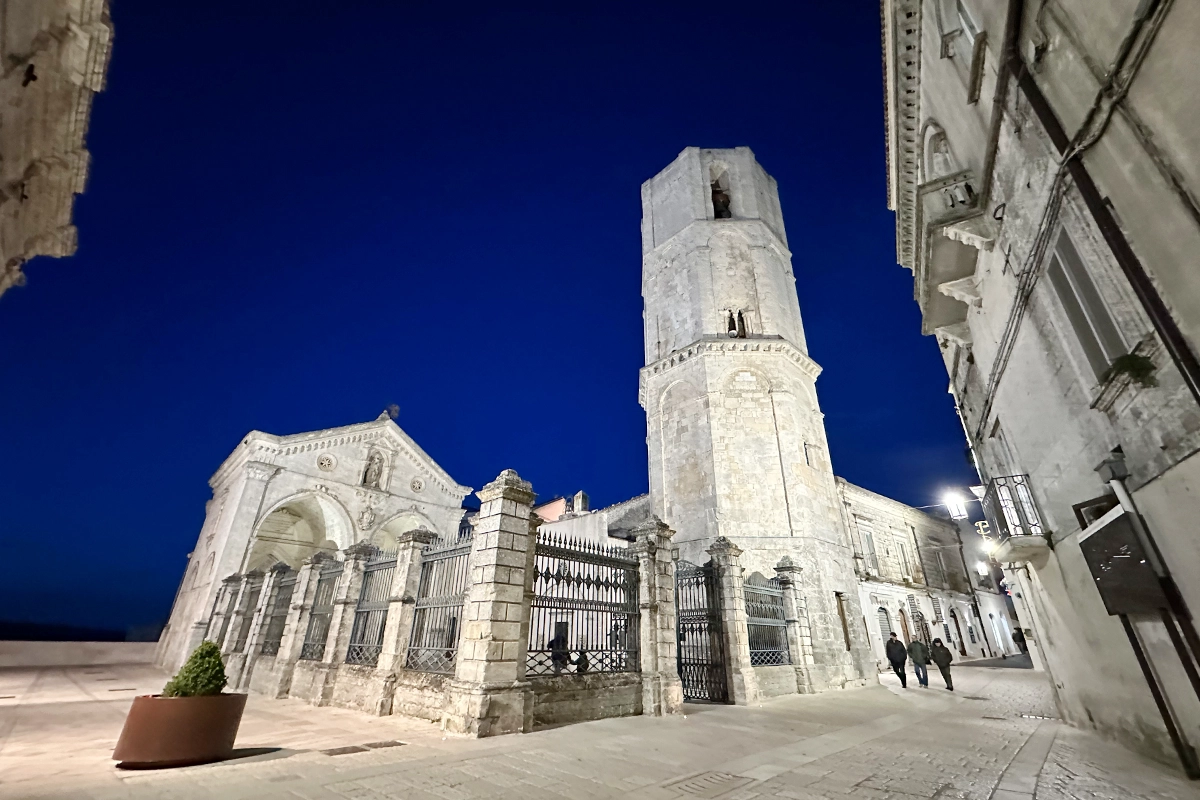Editorial Content
The Music
28 Gennaio 2025

The Funeral Marches of Puglia: Melodies of the Soul Between Heaven and Earth
When the curtain of night falls over Lent in Puglia, and the stars light their lamps in the grand theater of the sky, an ancient sound rises from the white stones of the old towns. These are not mere notes drifting through the incense-laden air, but voices of the soul, telling millennia-old stories of sorrow and redemption, of longing and hope.
Like intricate sonic lace, the funeral marches of Puglia weave through the silence of the night with threads of melody that transcend centuries. Born as companions of grief, they transform into musical prayers that elevate the spirit to dizzying heights, where the sacred and the profane merge into a single, sublime expression of art.
In this land blessed by the sun and caressed by the breezes of two seas, masters have flourished, capable of turning lament into poetry. The Amenduni brothers of Ruvo di Puglia wove their compositions with threads of pure emotion, while Carelli and Biagio Abbate gave voice to the sacred silences of Bitonto. Delle Cese turned his adopted homeland into a living musical score, and the creations of Valente and the Calò brothers of Molfetta, along with those of Rizzola and Bonelli from Taranto, have become the soundtrack of a devotion that knows no time.
Each composition is a unique narrative: some as delicate as rose petals dancing in the dawn breeze, others as majestic as the Romanesque cathedrals that dot this ancient land, still others as solemn as whispered prayers in centuries-old crypts. Every note is conceived to accompany the measured steps of those who carry sacred images, in a ritual dance that has remained unchanged through time.
The flugelhorns carry the most authentic voice of this tradition: warm as the Mediterranean sun, enveloping like a mother’s embrace. Their melodies intertwine like the intricate embroidery of ancient sacred vestments, creating sonic architectures where every instrument finds its rightful place—just like in a traditional patriarchal family, where each member has an irreplaceable role.
The marching band thus becomes the beating heart of this centuries-old tradition, a living organism that breathes in unison with the community. The pulse of the percussion marks time like the heartbeat of a sleeping giant, while the breath of the wind instruments is the very breath of the Puglian land, heavy with the scents of incense, withered flowers, and ancient memories.
With the arrival of Lent, a sacred tremor runs through the souls of the musicians. It is as if an ancestral call awakens them from a long slumber, bringing to light sonic memories passed down from generation to generation. They await this moment with the same anticipation as one longs for a long-desired encounter, fully aware that they are links in a chain that binds past and future.
Like the great masters of history—Beethoven’s pathos, Chopin’s melancholy, Wagner’s power, and the modernity of contemporary composers—the Puglian maestros have elevated the funeral march beyond its original function, transforming it into a bridge between earth and heaven, where notes become prayers and music turns into contemplation.
In every corner of this blessed land, funeral melodies continue to live and move, guardians of a memory that refuses to fade. They are the voice of a spirituality that finds its highest and truest expression in music, the resonant soul of a people who still know how to make their hearts beat to the slow and solemn rhythm of tradition.
Because Puglia’s funeral marches are more than mere compositions: they are the breath of a land, the heartbeat of a collective soul, the voice of an essence that continues to sing its eternal melody of faith and devotion across the centuries.
[A sonic heritage that unites tradition and spirituality, earth and heaven, in an eternal melody that tells the story of Puglia’s soul.]


 it
it en
en fr
fr es
es de
de pt
pt








